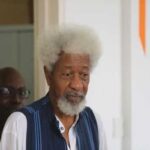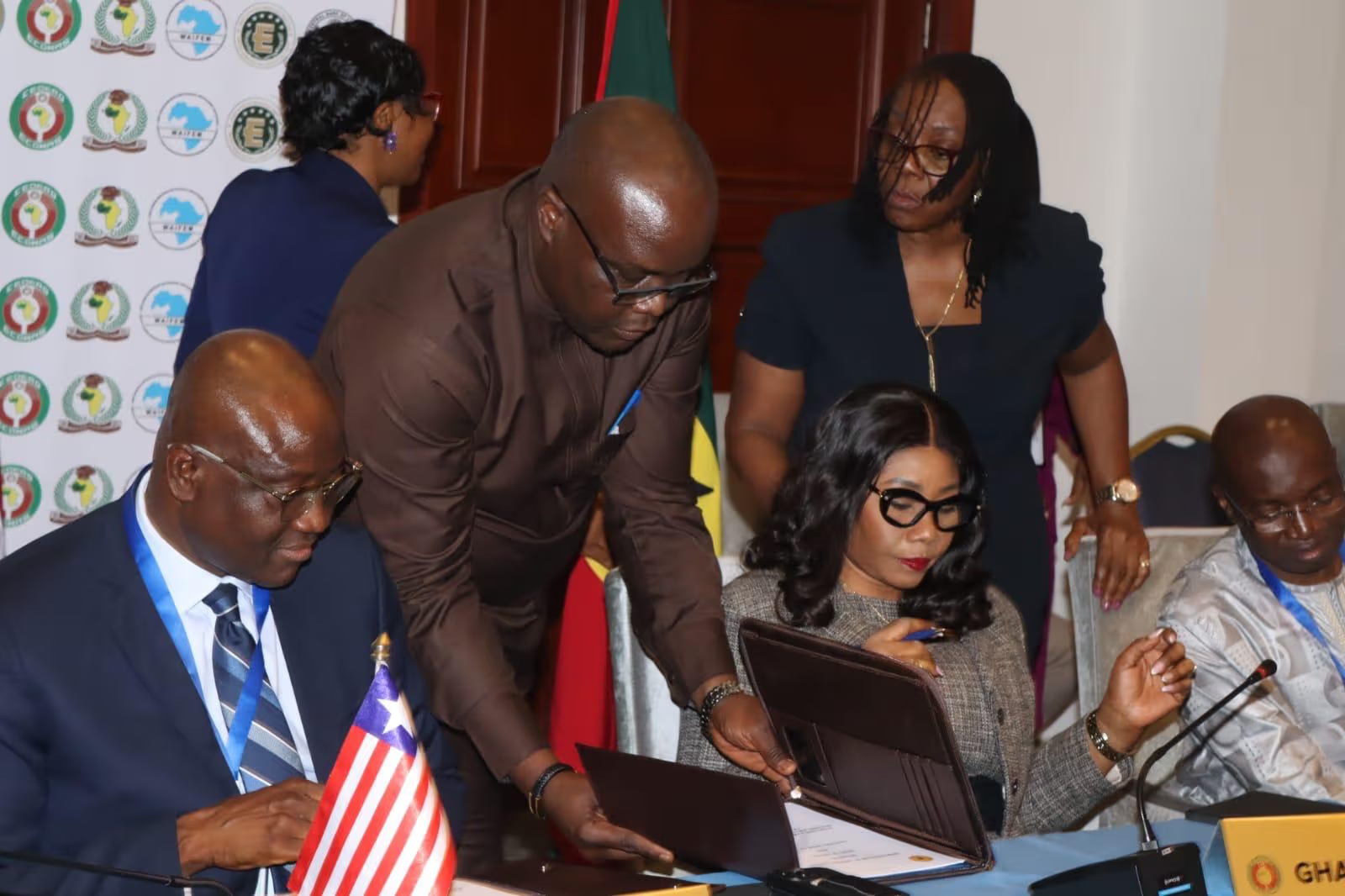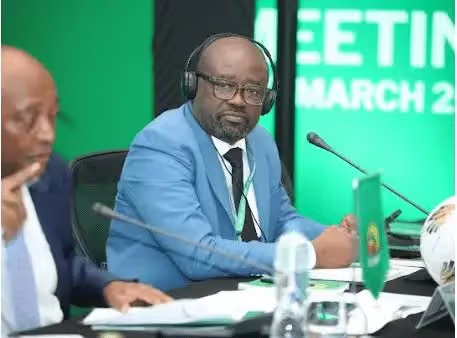Tech billionaire Elon Musk has officially launched Grokipedia, an AI-powered online encyclopedia developed by his company xAI, aimed at competing with the non-profit Wikimedia Foundation’s Wikipedia. The move follows Musk’s repeated criticisms that Wikipedia is ideologically skewed, characterising it as “left-biased” and controlled by activist forces.
Launched on 27 October 2025, Grokipedia entered the web with around 885,000 articles, significantly fewer than Wikipedia’s more than 7 million English entries. The site’s design resembles Wikipedia’s, but its editorial framework, verification process and source transparency remain unclear.
According to Musk’s announcement, Grokipedia is powered by the company’s chatbot Grok and seeks to deliver “the truth, the whole truth and nothing but the truth.” He called the new platform a “necessary step” towards xAI’s broader goal of understanding the universe.
Controversies and Concerns
Despite its ambitious launch, Grokipedia has faced immediate scrutiny. Critics note that several of its articles bear a striking resemblance to Wikipedia entries—some allegedly copied or adapted—and raise concerns over AI-driven content creation, sourcing transparency, and ideological slant. For example, entries have been observed to reflect conservative narratives, and some factual inaccuracies have been pointed out.
The Wikimedia Foundation responded by reaffirming Wikipedia’s model of open volunteer editing, transparent sourcing, and continuous improvement—contrasting it with Grokipedia’s opaque editorial process.
What’s Next?
Musk has signalled that version 1.0 of Grokipedia will deliver “10× better” performance than the currently live 0.1 version, though no specific timeline or audit framework has been publicly shared yet.
As Grokipedia begins to integrate into xAI’s ecosystem, observers will be watching closely—not just for how many entries it accumulates, but for how it handles sourcing, verification, bias and user trust. The emergence of a major AI-generated encyclopedia raises fundamental questions about the future of knowledge, authority and the digital commons.










